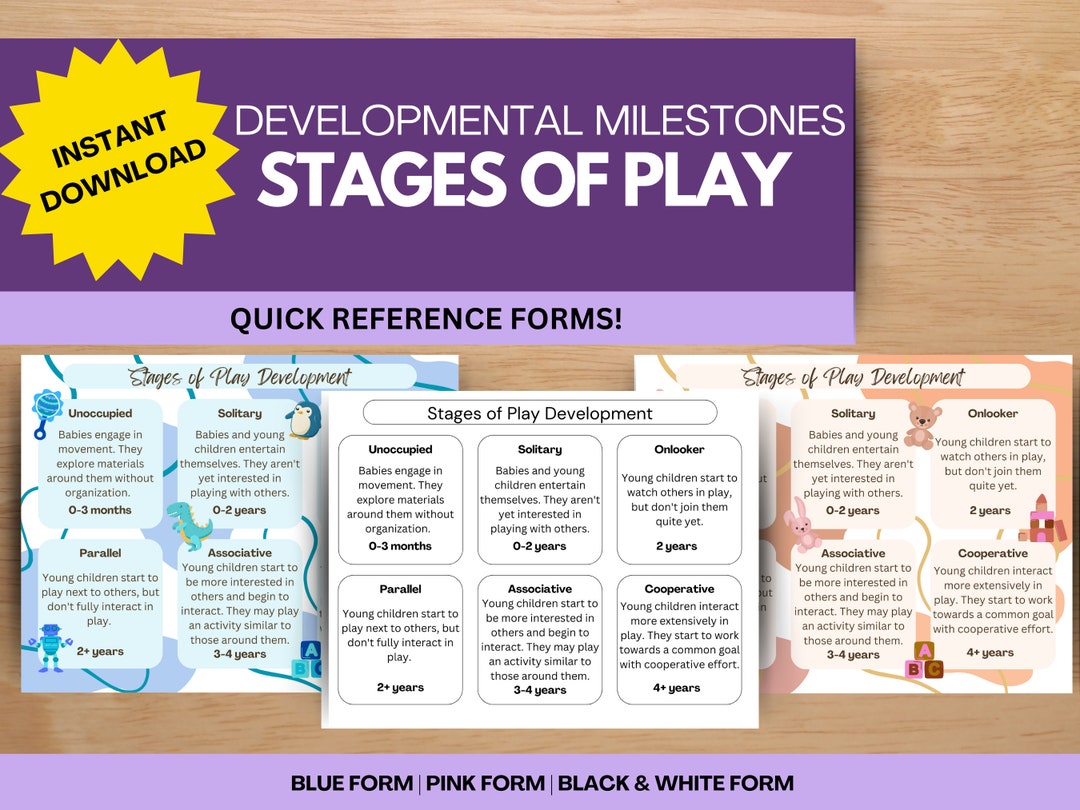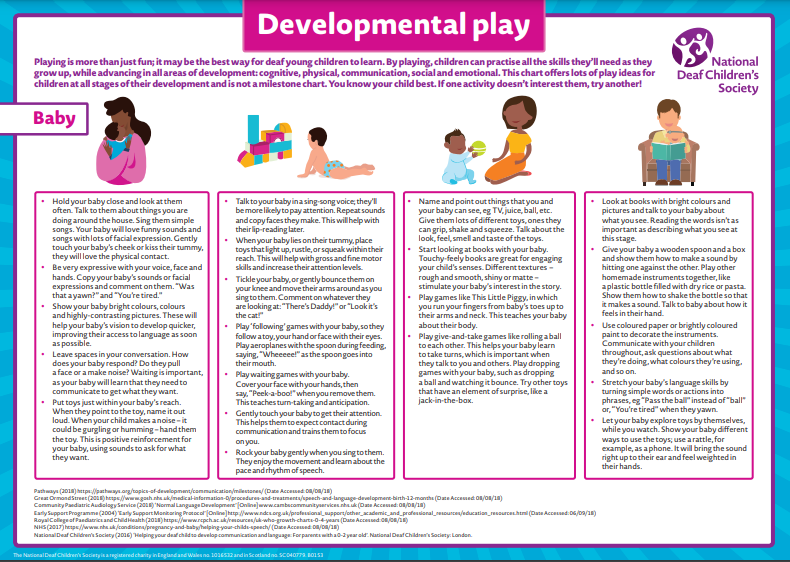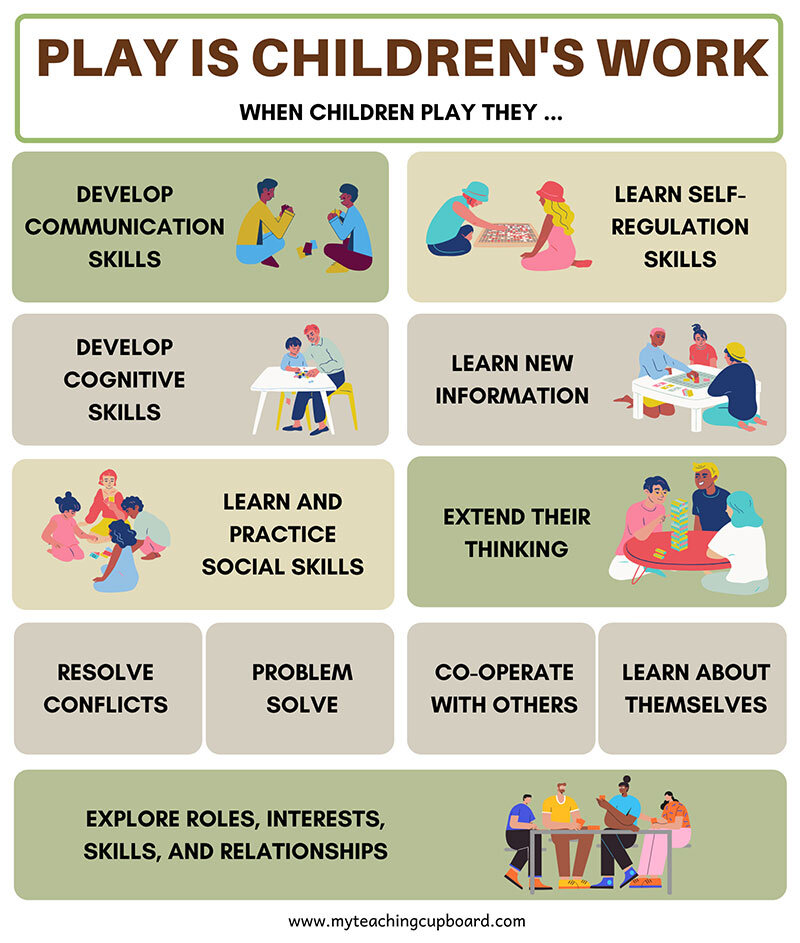Play Milestones Child Development - Play offers adults a window into early childhood development using a noninvasive approach [observations or interactions] to gather. Children need to play — it facilitates their sensory, motor, social and emotional skills. Children develop important skills through play that they continue to use throughout their life. 9 rows play is a vital activity in children developing age appropriate skills and understanding their place in the world. As your child ages, they’ll participate in many different types of play. Here’s how each type stage and type contributes to. All children develop at their own pace. Skills such as taking a first step, smiling for the first time, and waving “bye bye” are called developmental milestones.
Skills such as taking a first step, smiling for the first time, and waving “bye bye” are called developmental milestones. Play offers adults a window into early childhood development using a noninvasive approach [observations or interactions] to gather. Here’s how each type stage and type contributes to. All children develop at their own pace. Children develop important skills through play that they continue to use throughout their life. 9 rows play is a vital activity in children developing age appropriate skills and understanding their place in the world. As your child ages, they’ll participate in many different types of play. Children need to play — it facilitates their sensory, motor, social and emotional skills.
Children need to play — it facilitates their sensory, motor, social and emotional skills. All children develop at their own pace. Play offers adults a window into early childhood development using a noninvasive approach [observations or interactions] to gather. Skills such as taking a first step, smiling for the first time, and waving “bye bye” are called developmental milestones. Children develop important skills through play that they continue to use throughout their life. 9 rows play is a vital activity in children developing age appropriate skills and understanding their place in the world. Here’s how each type stage and type contributes to. As your child ages, they’ll participate in many different types of play.
Sensory & Play Milestones Occupational Therapy Developmental
Children develop important skills through play that they continue to use throughout their life. Skills such as taking a first step, smiling for the first time, and waving “bye bye” are called developmental milestones. Children need to play — it facilitates their sensory, motor, social and emotional skills. All children develop at their own pace. As your child ages, they’ll.
The 6 Stages of How Kids Learn to Play Play Development Early
Children need to play — it facilitates their sensory, motor, social and emotional skills. Children develop important skills through play that they continue to use throughout their life. As your child ages, they’ll participate in many different types of play. Play offers adults a window into early childhood development using a noninvasive approach [observations or interactions] to gather. All children.
Developmental Milestones Stages of Play, Play Milestones, School
As your child ages, they’ll participate in many different types of play. All children develop at their own pace. Children need to play — it facilitates their sensory, motor, social and emotional skills. Skills such as taking a first step, smiling for the first time, and waving “bye bye” are called developmental milestones. Children develop important skills through play that.
Developmental Stages
9 rows play is a vital activity in children developing age appropriate skills and understanding their place in the world. All children develop at their own pace. Skills such as taking a first step, smiling for the first time, and waving “bye bye” are called developmental milestones. Play offers adults a window into early childhood development using a noninvasive approach.
Child Development Theorists Summary A4 Display Poster, 48 OFF
Children need to play — it facilitates their sensory, motor, social and emotional skills. Here’s how each type stage and type contributes to. Play offers adults a window into early childhood development using a noninvasive approach [observations or interactions] to gather. As your child ages, they’ll participate in many different types of play. Children develop important skills through play that.
The 6 Stages of How Kids Learn to Play Play Development Stages of
As your child ages, they’ll participate in many different types of play. Play offers adults a window into early childhood development using a noninvasive approach [observations or interactions] to gather. Children need to play — it facilitates their sensory, motor, social and emotional skills. Here’s how each type stage and type contributes to. Children develop important skills through play that.
Pin on Baby health Baby milestone chart, Baby milestones, Early childhood
As your child ages, they’ll participate in many different types of play. Play offers adults a window into early childhood development using a noninvasive approach [observations or interactions] to gather. All children develop at their own pace. Here’s how each type stage and type contributes to. Children need to play — it facilitates their sensory, motor, social and emotional skills.
Scholl Age Child Memory Milestones Sale
Children need to play — it facilitates their sensory, motor, social and emotional skills. 9 rows play is a vital activity in children developing age appropriate skills and understanding their place in the world. Here’s how each type stage and type contributes to. All children develop at their own pace. Skills such as taking a first step, smiling for the.
The Stages of Play in Early Childhood · The SLP Next Door
Here’s how each type stage and type contributes to. All children develop at their own pace. Children need to play — it facilitates their sensory, motor, social and emotional skills. 9 rows play is a vital activity in children developing age appropriate skills and understanding their place in the world. Children develop important skills through play that they continue to.
Developmental Stages of Play Piaget — My Teaching Cupboard
Children need to play — it facilitates their sensory, motor, social and emotional skills. Skills such as taking a first step, smiling for the first time, and waving “bye bye” are called developmental milestones. Children develop important skills through play that they continue to use throughout their life. Here’s how each type stage and type contributes to. 9 rows play.
Children Develop Important Skills Through Play That They Continue To Use Throughout Their Life.
As your child ages, they’ll participate in many different types of play. Children need to play — it facilitates their sensory, motor, social and emotional skills. Here’s how each type stage and type contributes to. All children develop at their own pace.
Play Offers Adults A Window Into Early Childhood Development Using A Noninvasive Approach [Observations Or Interactions] To Gather.
9 rows play is a vital activity in children developing age appropriate skills and understanding their place in the world. Skills such as taking a first step, smiling for the first time, and waving “bye bye” are called developmental milestones.









